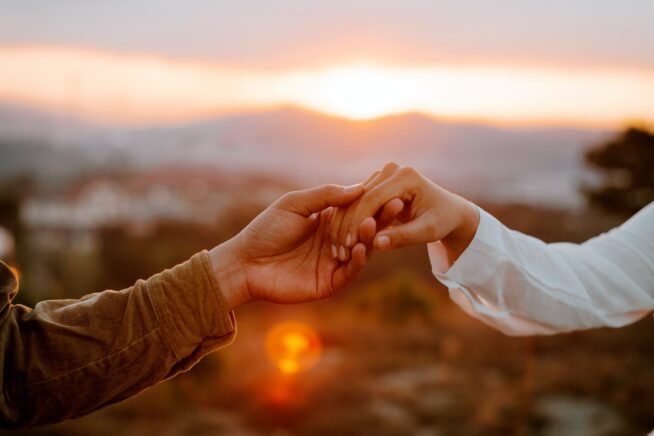“Being the “best you can be” is really only possible when you are deeply connected to another. Splendid isolation is for planets, not people.” ― Sue Johnson
A quick search for self-love brings up all kinds of results. 50 ways to love yourself, what self-love means, how to practice it, and even self-love for beginners. I’m sure there’s a course out there somewhere if we were to look hard enough.
It seems we have become obsessed with trying to figure out how to love ourselves. But from what I see, we have become obsessed, instead, with just the self. Maybe that’s why you see the rise of so many other articles about narcissism on Medium and elsewhere too? That’s probably just the cynic in me.
I get it, though. It’s important that we take care of ourselves and to have self-compassion for our mistakes for our flaws. We should also focus on self-care when we need to. I’ve written about it all, and I’ve followed much of the advice.
But it appears self-love has become a pre-requisite to be in a romantic relationship.
One of the tenets being we should love ourselves before we love anyone else. Or we need to work on ourselves and be completely healthy when entering into a relationship. Unfortunately, all this does is stop us from ever pursuing a relationship because there is always “work to do.” The phrase, “If we don’t love ourselves, how can we love someone else?” is often cited also. Like it’s not even possible, and all we are doing is setting ourselves, and our partner, up for failure. I disagree.
There will always be work to do. We are imperfect. That is what makes us human, and I have never met one completely healthy person in my life. Everyone has baggage, most have just not opened up the suitcase to see what’s inside. Unless we are utter and complete messes and unable to function, that doesn’t mean we shouldn’t pursue relationships.
Esther Perel, a psychotherapist with over 20 years of clinical experience, and a well-known advisor on sex and relationships, says, “We don’t just learn to love ourselves by ourselves. It’s a classic chicken or the egg scenario: in order to love another, we must love ourselves. In order to love ourselves, we must allow ourselves to be loved by others.”
And, more importantly, “Self-love is less about the ability to withstand loneliness or establish independence and more about awareness and acceptance of our incompleteness. It’s about letting others love us even when we feel unlovable because their version of us is often kinder than our own.”
The idea we fail to see when we talk about needing to love ourselves first is that two people can help each other out while together. The other person can help you find that self-love, and vice-versa.
Although it’s not anyone’s job to do the other person’s work for them or to “fix” anyone, we can learn from each other while being in a relationship, and we can heal within it as well. A lot of it we can’t do on our own. We need relationships to get past some of those roadblocks, and a healthy (and even unhealthy) relationship helps us discover things about ourselves that we may not have learned on our own — how to be vulnerable; to accept the love we didn’t think we were worthy of; to give the love we didn’t think we have. Whether or not we realize it, we depend on others to help us grow.
“To be human is to need others, and this is no flaw or weakness.” ― Sue Johnson
In fact, Dr. Sue Johnson, a psychologist and author known for her work in attachment, bonding, and relationships agrees the notion you must love yourself first is not backed by her research.
From her book Love Sense: The Revolutionary New Science of Romantic Relationships, “Equally amazing is what the new research reveals about the impact of emotion in our closest relationships. The message touted by popular media and therapists has been that we’re supposed to be in total control of our emotions before we turn to others. Love yourself first, and then another will love you. Our new knowledge stands that message on its head.”
Also, “‘For humans,’ says psychologist Ed Tronick of the University of Massachusettes, ‘the maintenance of [emotional balance] is a dyadic collaborative process.’ In other words, we are designed to deal with emotion in concert with another person — not by ourselves.”
The problem with self-love is the message has become we have to choose between either learning how to love ourselves or be in a relationship. One or the other, but not both.
However, self-love can be found and cultivated while in a relationship. It’s not either/or. We don’t have to choose.
And we don’t need to love ourselves to love someone else.
Jeff Barton is a writer, ultra-runner, lover of books and zombies, a practitioner of positive thinking, and most importantly, a dad. Living and loving life one day at a time. You can find him at jeffthewriter.com and jefftherunner.com.
Image courtesy of Trung Nguyen.












